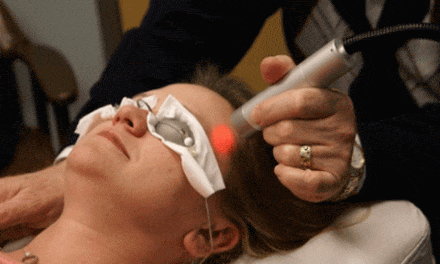Recent research suggests that surgery to repair meniscal tears in the knee may heighten the risk of osteoarthritis (OA) and cartilage loss in some patients. The study was presented at the annual meeting of the Radiological Society of North America (RSNA).
Frank W. Roemer, MD, Boston University School of Medicine in Boston and the University of Erlangen-Nuremberg in Erlangen, Germany, classifies meniscal surgery as one of the most common orthopedic procedures performed to relieve pain and improve joint function.
“However, increasing evidence is emerging that suggests meniscal surgery may be detrimental to the knee joint,” Roemer explains.
During the study, the release notes that Roemer and colleagues investigated data yielding from the Osteoarthritis Initiative, a large, ongoing observational study of knee OA incidence and progression. The study’s patients had an average age of 60 years old and were predominantly overweight, with a mean body mass index (BMI) of 28.3. Two-thirds of the patients were women.
Magnetic resonance imaging (MRI) exams of 335 knees that developed OA during a 5-year period were studied. A control group was matched for age, gender, arthritic severity in both knees, and BMI, the release says. A total of 31 knees underwent surgery during the year prior to arthritis diagnosis, and 280 knees exhibited signs of meniscal damage on MRI but did not have surgery. Additionally, the release notes that part of the analysis included control cases with no meniscal damage. The researchers then assessed the risk of developing arthritis and cartilage loss during the following year for the different groups.
Roemer states in the release that researchers found that patients without knee OA who underwent meniscal surgery, had a highly increased risk for developing osteoarthritis and cartilage loss in the following year compared to those who did not have surgery, regardless of presence or absence of a meniscal tear in the year before.”
The study results indicate that all 31 of the knees that underwent meniscal surgery during the prior year developed OA, compared with 165 of the knees with meniscal damage that did not undergo surgery. Additionally, the release reports that cartilage loss was much more common among knees that had undergone surgery. A total of 80.8% of knees with surgery showed cartilage loss, compared with 39.5% of knees with meniscal damage and no surgery.
An alternative to surgery is conservative management. In conservative management, the release points out that physical therapy is prescribed to help maintain and restore muscle strength and range of motion. Symptoms are commonly treated with ice and non-steroidal anti-inflammatory medications.
“The indications for meniscal surgery might need to be discussed more carefully in order to avoid accelerated knee joint degeneration,” Roemer advises.
Co-authors on the study included Ali Guermazi, MD, PhD, C. Kent Kwoh, MD, Michael Hannon, MA, Jason Grago, MA, and David J. Hunter, MD, PhD.
Source: RSNA




